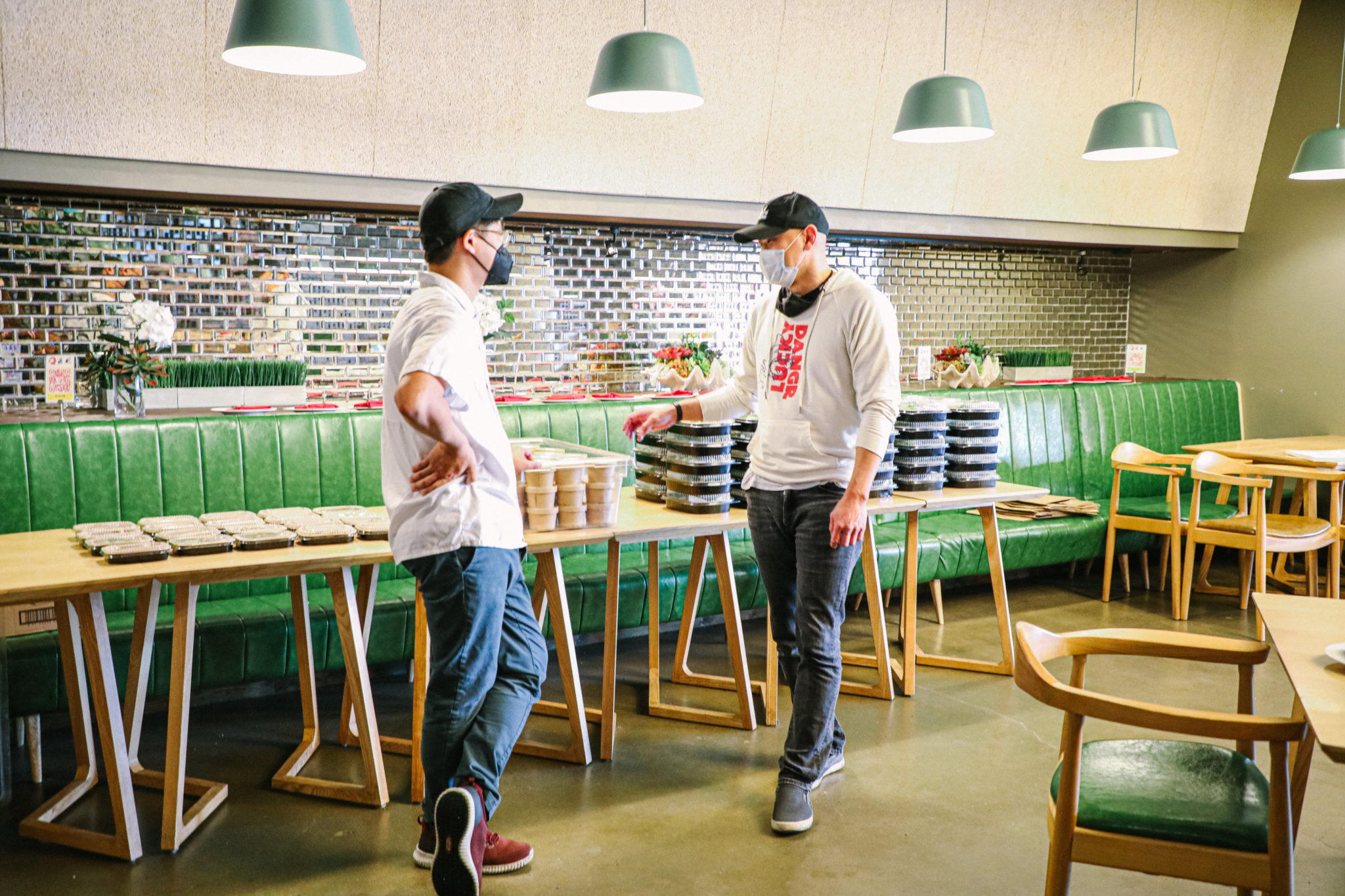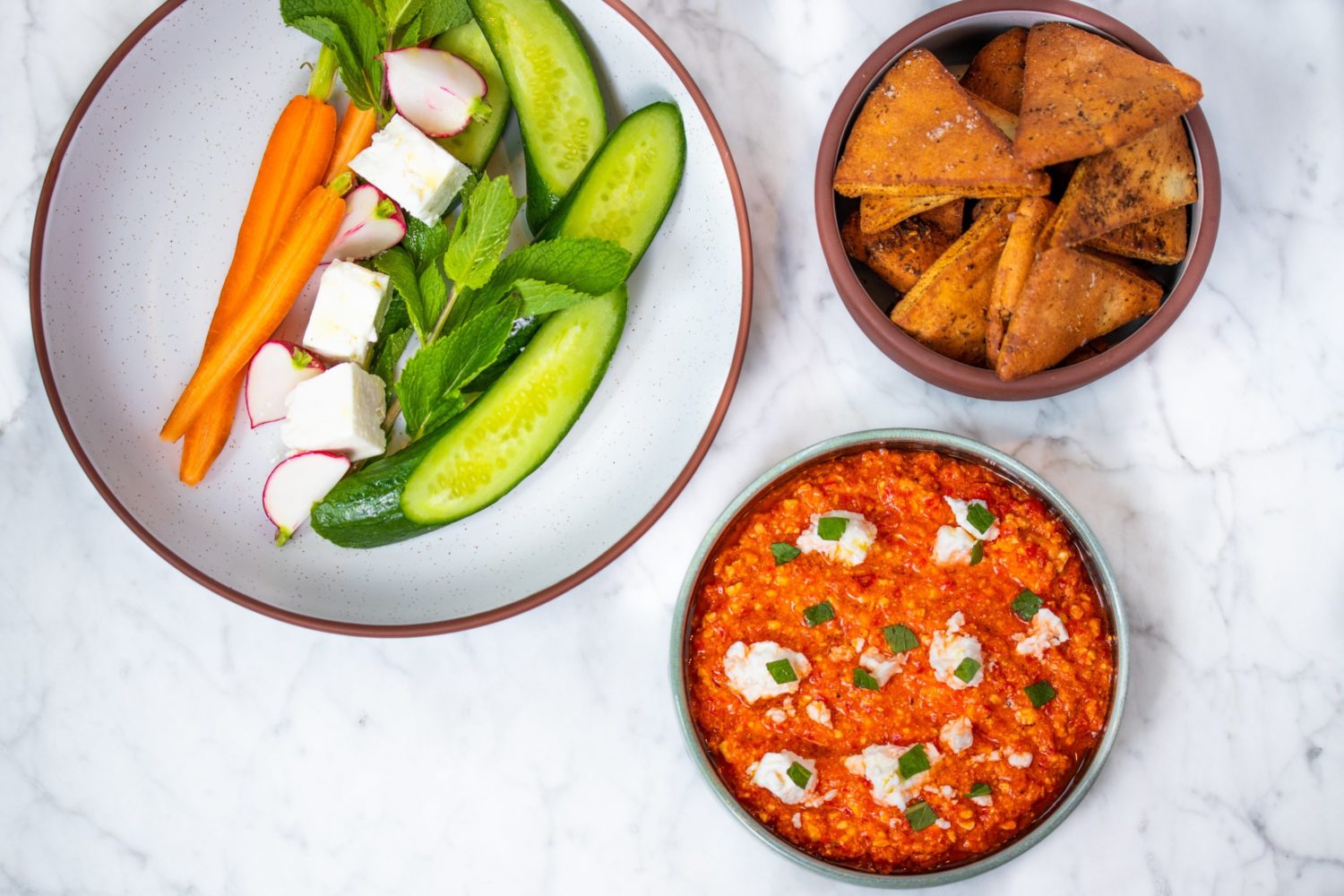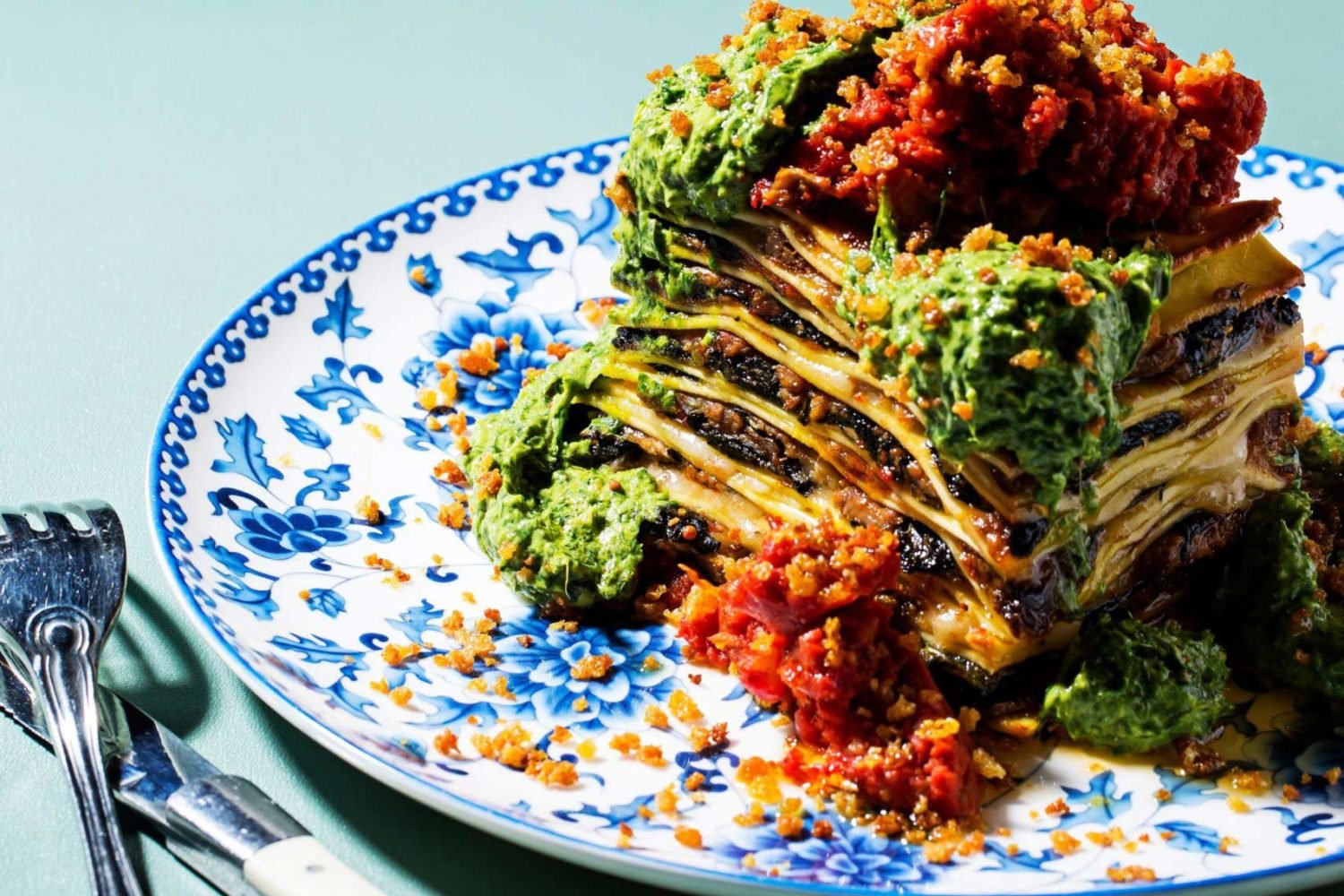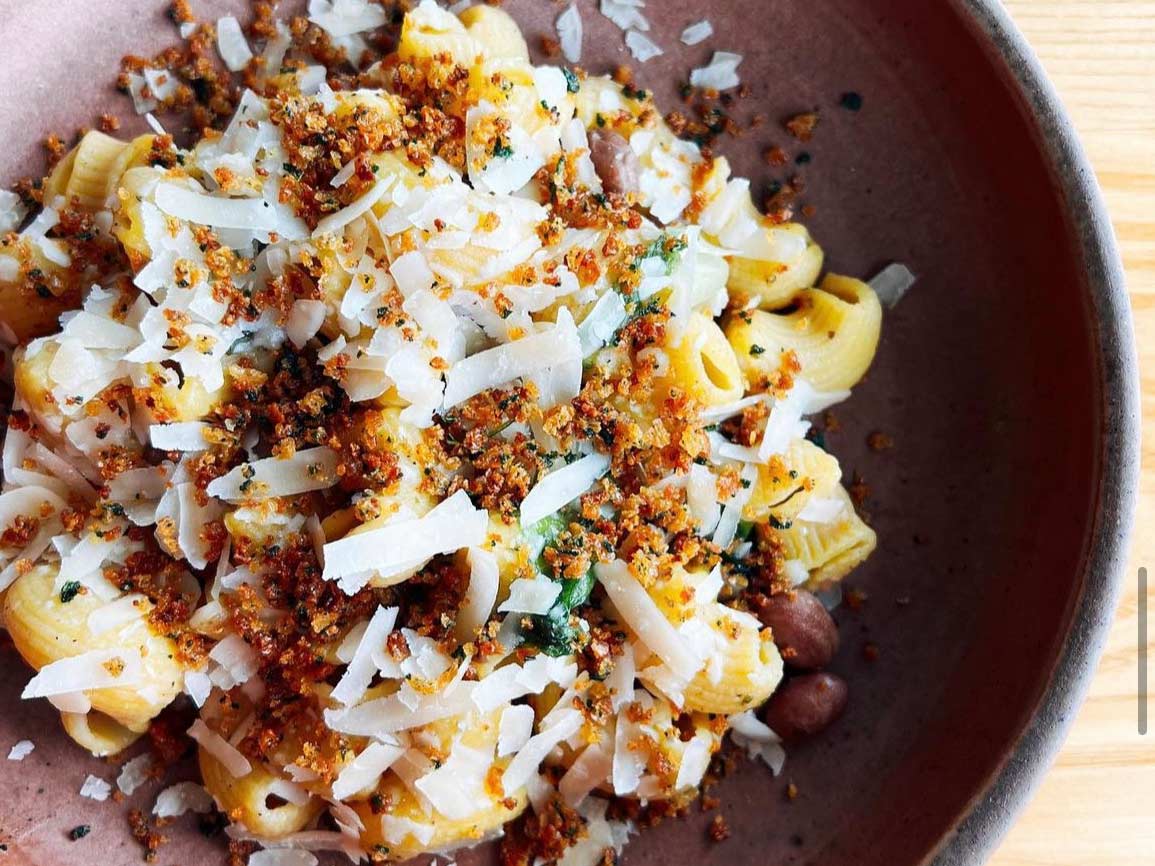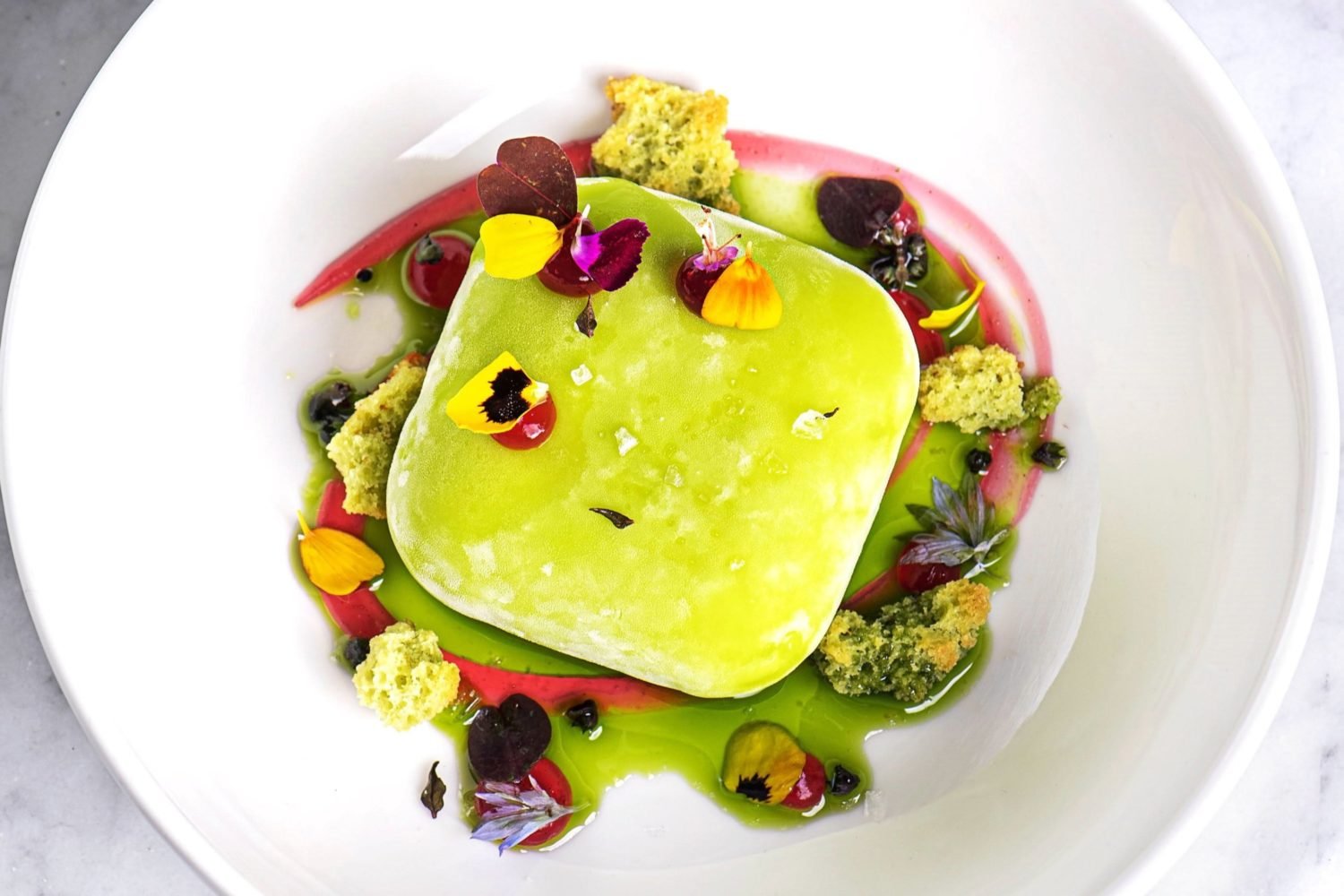Two Chefs Fighting Asian Hate
What started as a single fundraising dinner to raise awareness for pandemic-era violence and discrimination against Asian American Pacific Islanders has grown into a full-fledged nonprofit called Chefs Stopping AAPI Hate. That’s thanks to Moon Rabbit chef Kevin Tien, who is of Vietnamese descent, and Lucky Danger’s Tim Ma, a first-generation Chinese American. More than 50 area chefs have signed on to the cause, and others in San Francisco, Detroit, and New York helped the movement grow nationally. Through takeout dinners and ticketed events, the organization has raised $200,000-plus, donating to groups such as Rise Justice Lab.
Meanwhile, the founders are also expanding their own enterprises. Tien plans to grow his chicken-sandwich business, Hot Lola’s, with a new Rosslyn location. He’s also returned to Petworth with former Himitsu cook Caleb Jang, who will head the kitchen at Korean-influenced Magpie and the Tiger. Ma intends to widen the reach of his popular Chinese-American takeout, Lucky Danger, with a new DC location—and may partner with Tien for their own concept soon.

A Neighborhood Visionary
Where some see an empty or dilapidated space, DC native Ian Callender spots opportunity. The owner of the event firm Suite Nation has been a game-changing force in Washington’s art-and-entertainment scene, partnering with developers, landlords, and business sponsors to transform underused spaces into vibrant cultural destinations.
Nearly a decade ago, Callender turned the long-vacant Friendship Baptist Church in Southwest DC into Blind Whino, a Technicolor gallery and event space. More recently, he launched three locations of Sandlot—temporary arts, food-and-drink, and entertainment venues that take over, say, a yet-to-be-developed lot in Navy Yard (Sandlot Southeast) or a shuttered DC gas station (Sandlot Georgetown). Up next: 25,000-square-foot Sandlot Anacostia, which will feature a variety of Black-owned businesses and artists, free monthly go-go shows, and a drive-through.
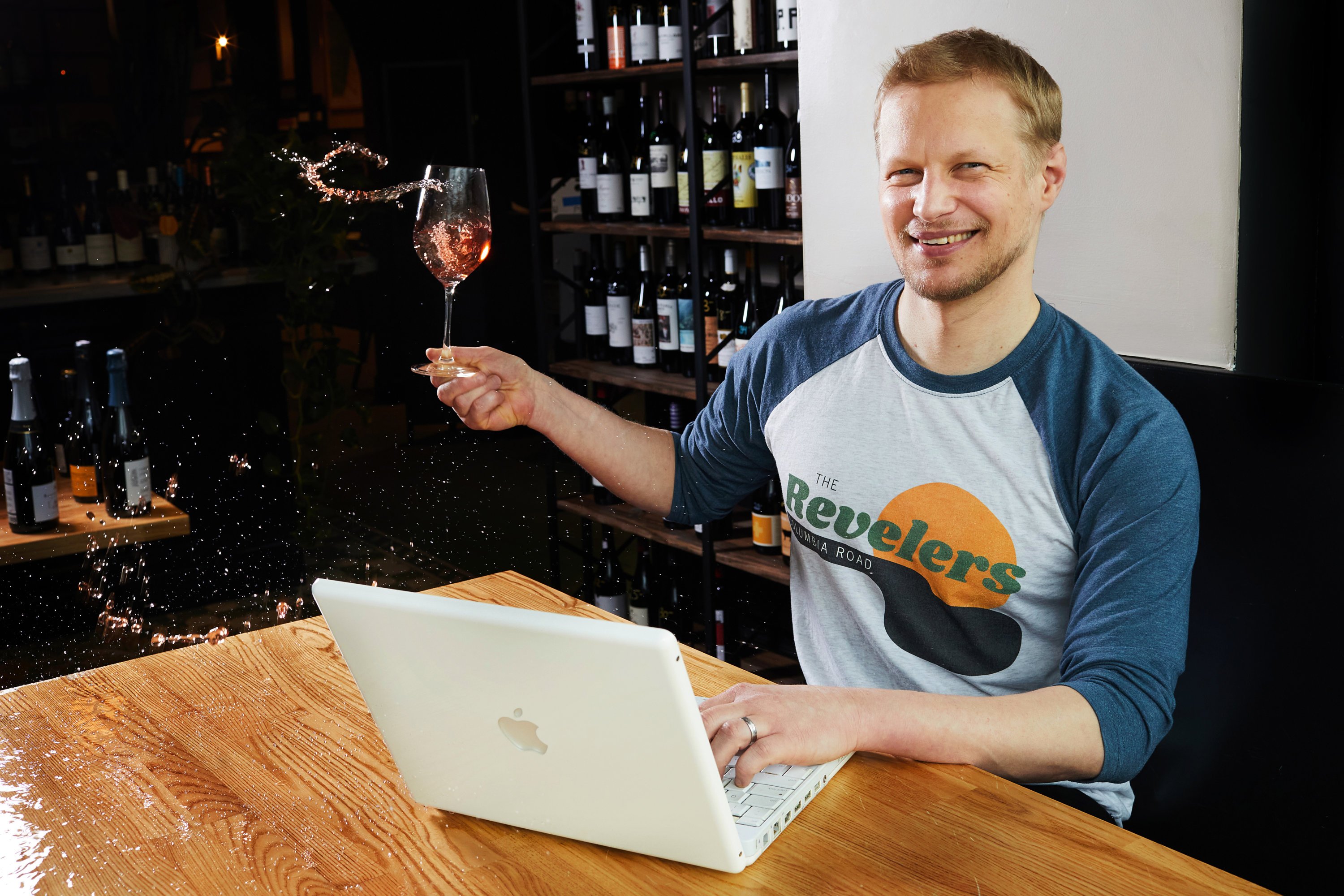
The Coolest Sommelier in Town
If you’ve ever been intimidated, bored, or baffled by wine, you need to chat with Bill Jensen. The co-owner of Adams Morgan’s Tail Up Goat (1827 Adams Mill Rd., NW) and Reveler’s Hour (1775 Columbia Rd., NW) is one of the most charismatic somms around—a reputation he bolstered during the pandemic with his popular virtual wine club. Who else would theme wines around internet memes or create a bottle menu designed like a vintage baseball-card collection featuring star winemakers rather than first basemen? Jensen manages to have a personal story to tell about every wine, not just a series of highfalutin tasting notes (though if you want them, he also has those).

An Advocate for Food—and Health—Equity East of the River
Many call the area east of the Anacostia River in DC a “food desert.” Mary Blackford calls the lack of grocery options there “food apartheid”—intentional discriminatory practices against communities of color. The division hit home when Blackford—a vegetarian—returned there after college. “There are more liquor stores than grocery stores, and you can be hard pressed to find an apple,” she says. She points out that wards 7 and 8—which include some of the District’s poorest neighborhoods—have only three full-service supermarkets for more than 150,000 residents. So Blackford decided to build her own place: Market 7 (3451 Benning Rd., NE). The 7,000-square-foot food hall and community-health hub will support Black-owned businesses, producers, and farmers and will feature stalls serving cuisines of the Diaspora—African, Caribbean, and American—when it opens this spring. Also in the works: outdoor pop-up markets, a hydroponic farm, and classes. In the future, she hopes to open more markets east of the river and beyond, in communities suffering from the same food-apartheid issue. “This is a health-equity mission for us,” Blackford says. “Ward 7 and 8 residents die up to 16 years earlier than people in other wards. We’re hoping that through our mission of healthy, sustainable food, we can give people those 16 years back.”
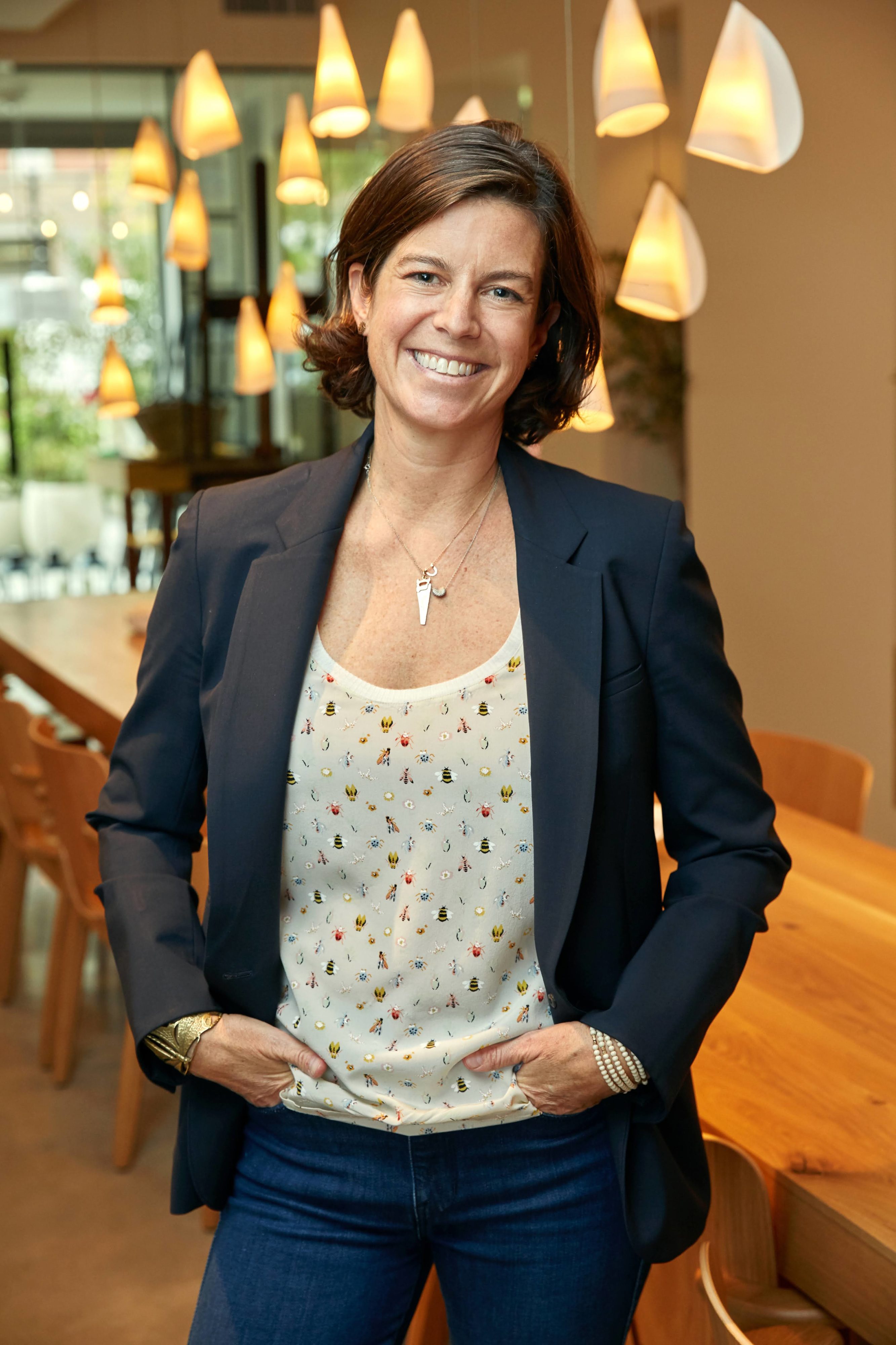
A Business Executive With a Budding Restaurant Empire
For many years, Hollis Silverman was a powerful behind-the-scenes force in Washington’s dining scene as chief operating officer for José Andrés’s ThinkFoodGroup. She never imagined she’d be running restaurants of her own, but she couldn’t resist when she found a few spaces within blocks of her Capitol Hill home. Silverman has since teamed up with fellow industry vets to open a trio of establishments—upscale gin bar the Wells (727 C St., SE), mod-American restaurant the Duck and the Peach (300 Seventh St., SE), and laid-back osteria La Collina (747 C St., SE)—that are finally making her a front-and-center name.
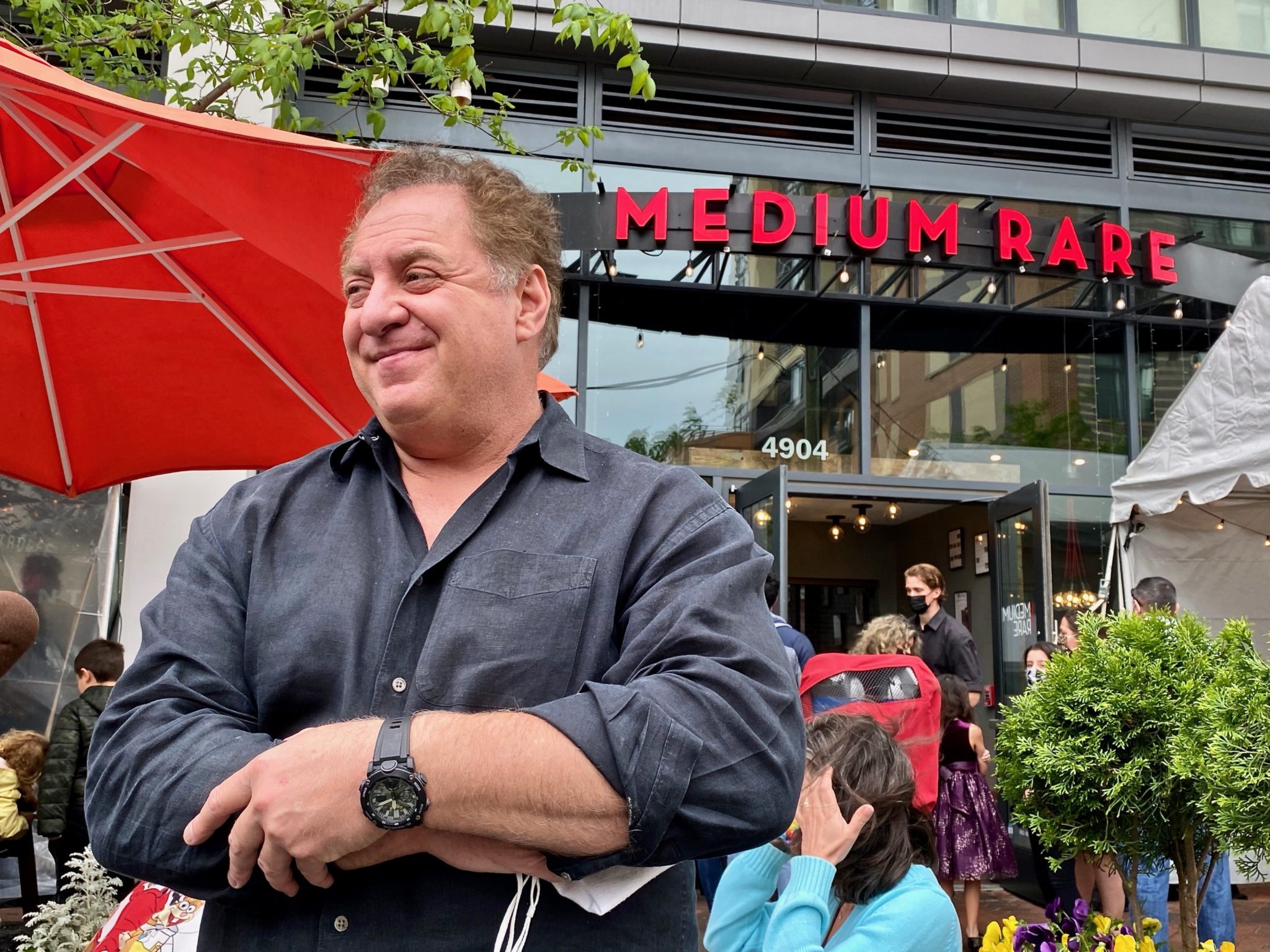
A Restaurateur Who Is Helping the Hungry
When the world locked down in March 2020, Medium Rare (3500 Connecticut Ave., NW; 4904 Fairmont Ave., Bethesda; 3601 N. Fairfax Dr., Arlington) owner Mark Bucher delivered free steak dinners to elderly locals quarantined alone. The restaurateur has not only continued the practice over other holidays, but he’s made it his mission to alleviate hunger more broadly. His new nonprofit, Feed the Fridge, stocks nutritious ready-to-eat meals from restaurants in “community refrigerators” at area rec centers, schools, churches, and other locations. Anyone in need can show up and take one, no questions asked. Bucher’s efforts have provided more than 100,000 free meals to date.

A Food-TV Personality We Want to Hang With All the Time
When the world seems a bit much—as it often does—we like to turn to Mexican cookbook author/television star Pati Jinich. The host of the ten-seasons-and-counting PBS series Pati’s Mexican Table is unfailingly warm and exuberant, inquisitively exploring her native Mexico’s regional cuisines, then recreating recipes back in her Chevy Chase kitchen. Jinich’s latest cookbook, Treasures of the Mexican Table, is a trove of delicious dishes (we’re obsessed with her nutty salsa macha and lobster tacos). And her new PBS special, La Frontera, portrays life along the US/Mexico border with the same clever eye.
This article appears in the February 2022 issue of Washingtonian.

